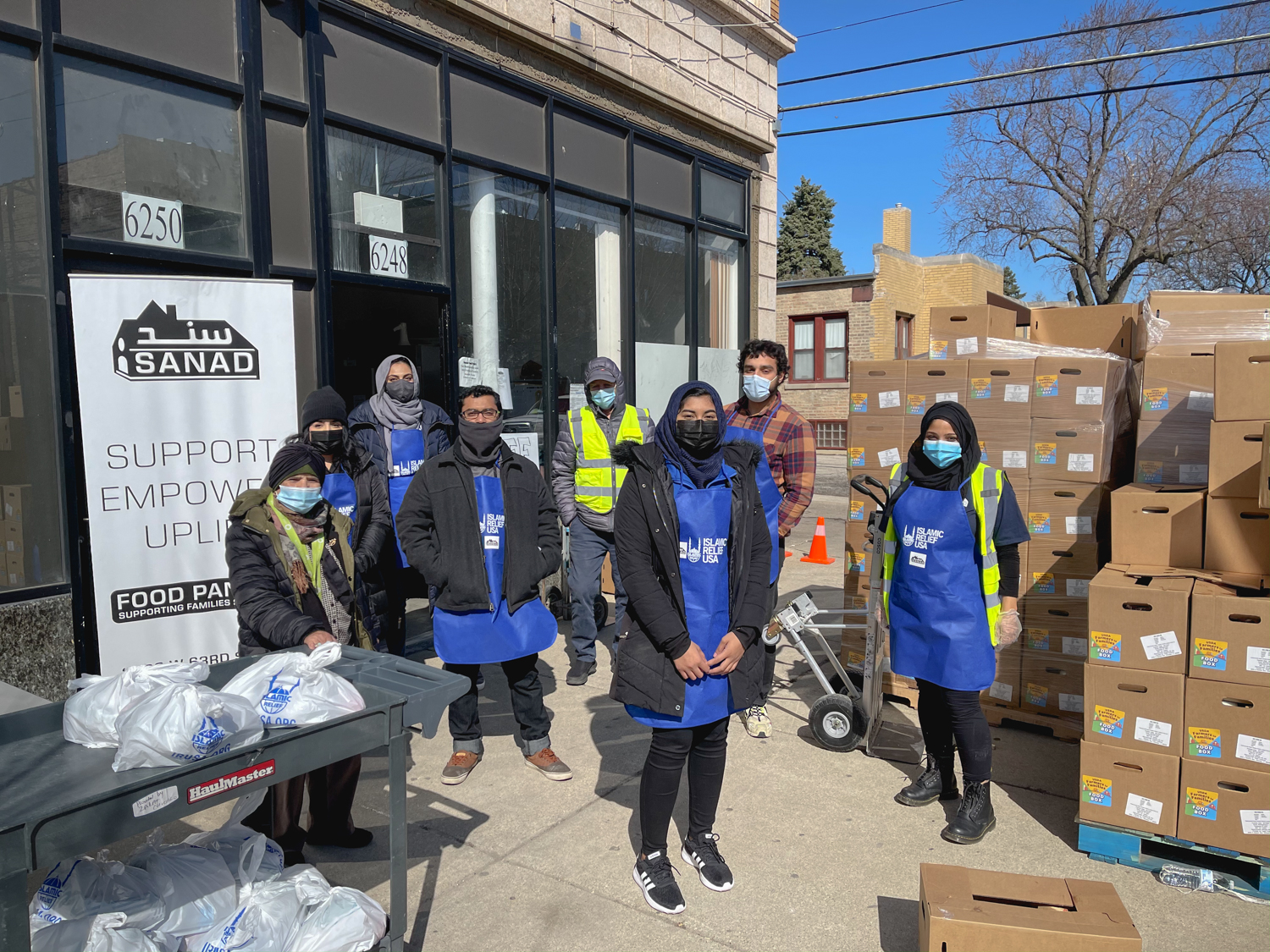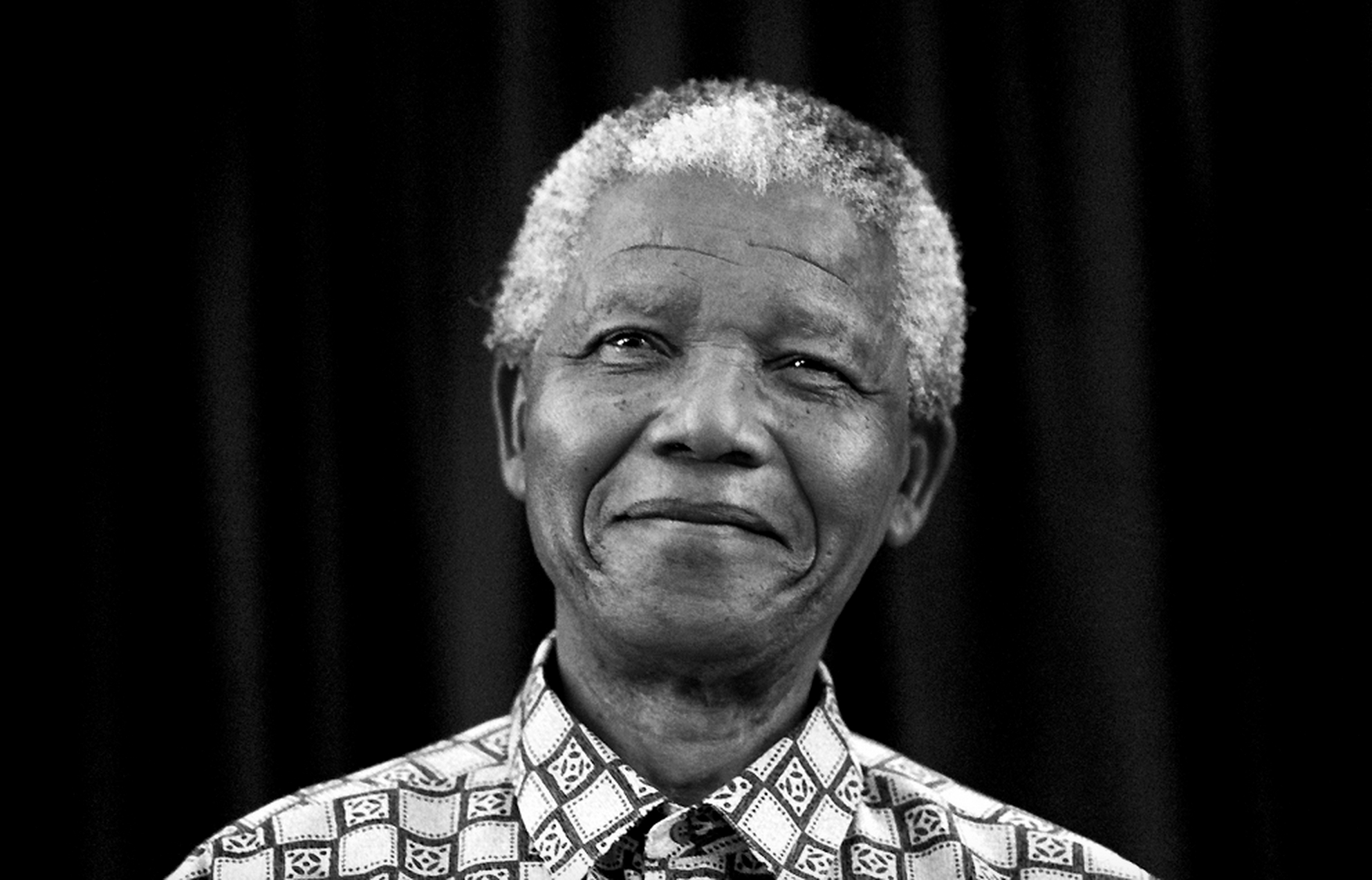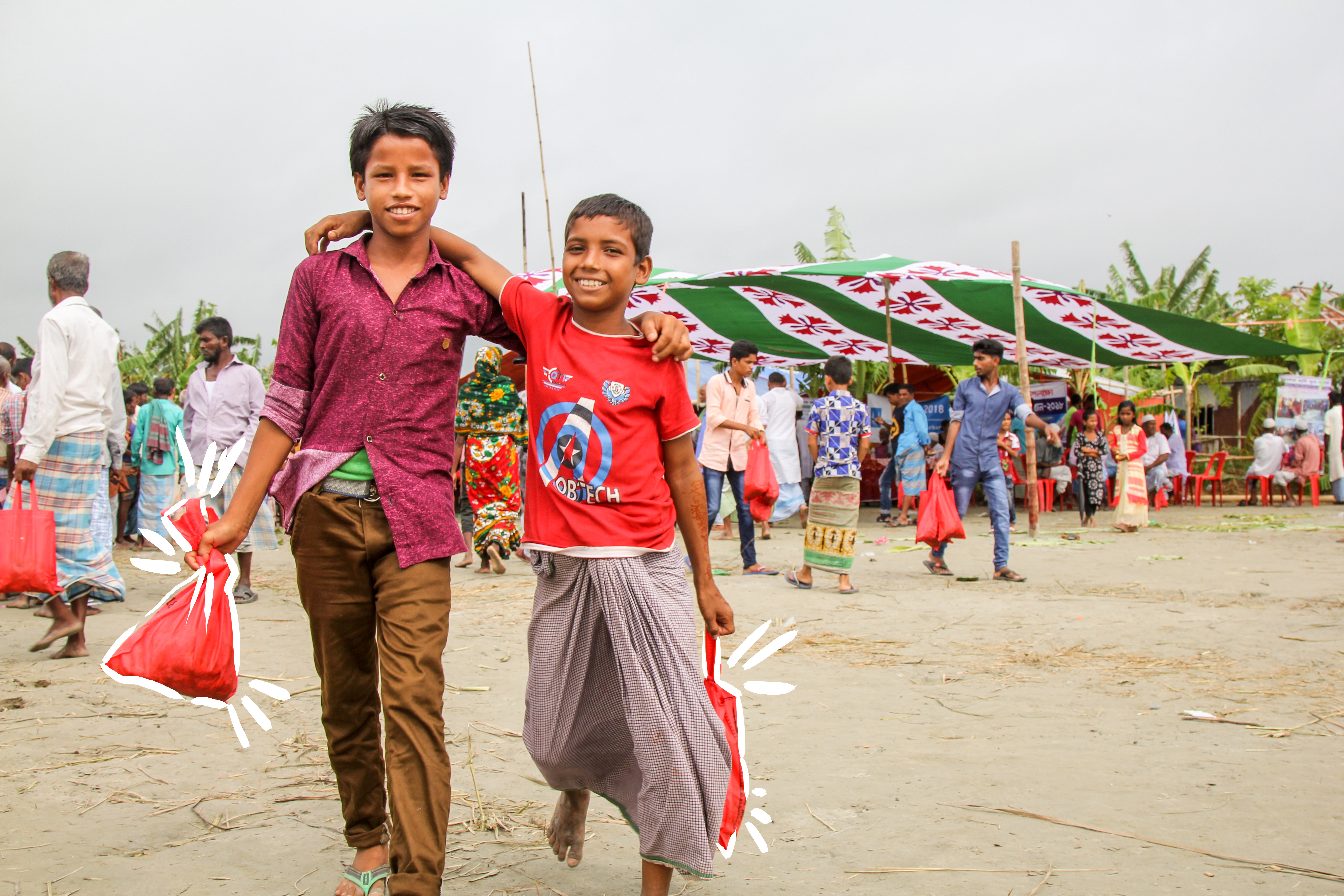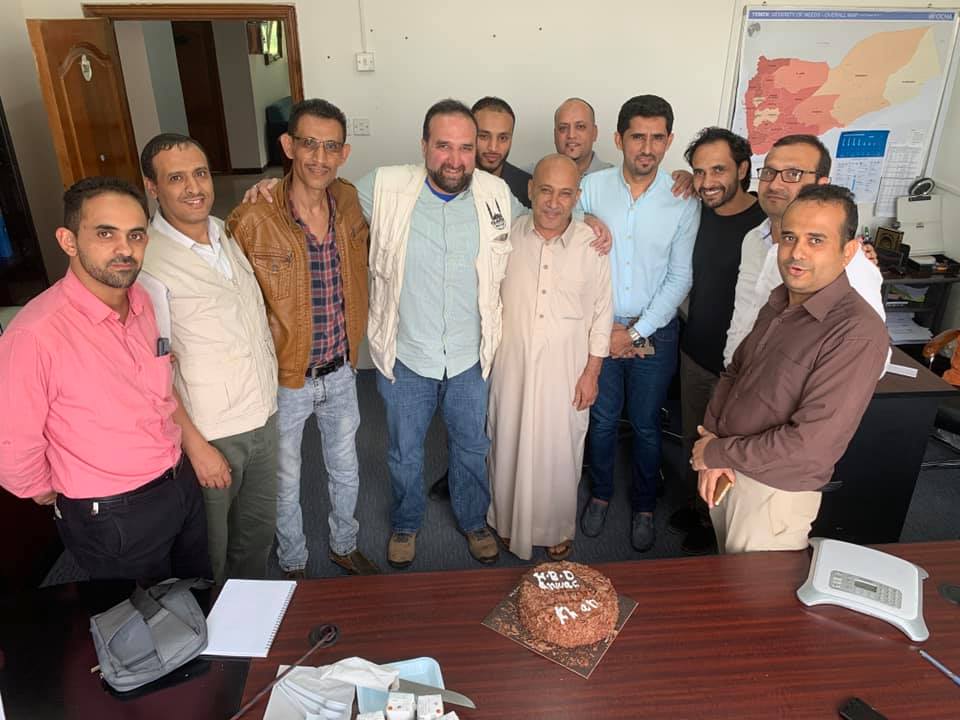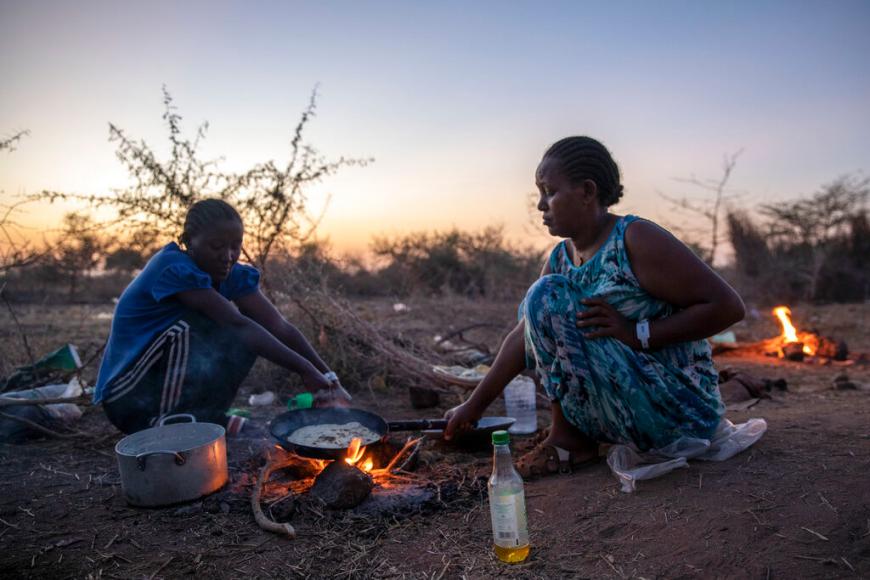
Catastrophe and Uncertainty Blanket Countries
Earthquakes ripple in Haiti, a humanitarian catastrophe looms in Afghanistan, and displacement blankets Ethiopia
Cold Reminder of The Past in Haiti
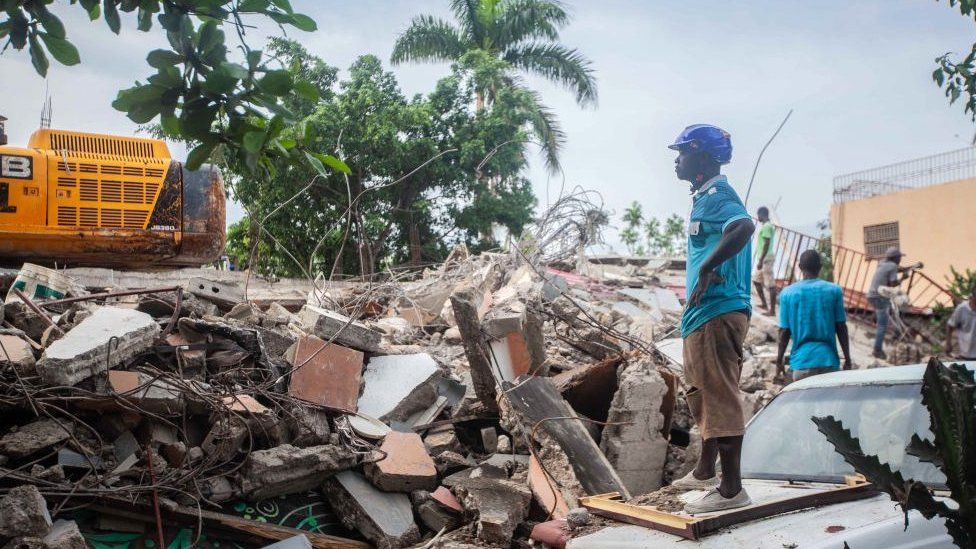
On August 14, Haiti experienced a country-wide earthquake causing over 2,000 deaths so far with many casualties still being counted. The 7.2 magnitude earthquake has also vastly destroyed and disrupted countless communities’ infrastructure. Another 53,000 houses were destroyed and nearly 12,268 people were injured. This crisis comes in the aftermath of the assassination of Haitian President Jovenel Moïse in July.
According to reports by the New York times, Two cities, Les Cayes and Jeremie, located in Haiti’s southern peninsula, have reported major devastation with people caught under rubble and buildings collapsed. Phone lines were down in Petit Trou de Nippes, the epicenter of the quake. No news emerged immediately from that city, leaving Haitian officials to fear for the worst.
Afghanistan on Brink of Humanitarian Crisis
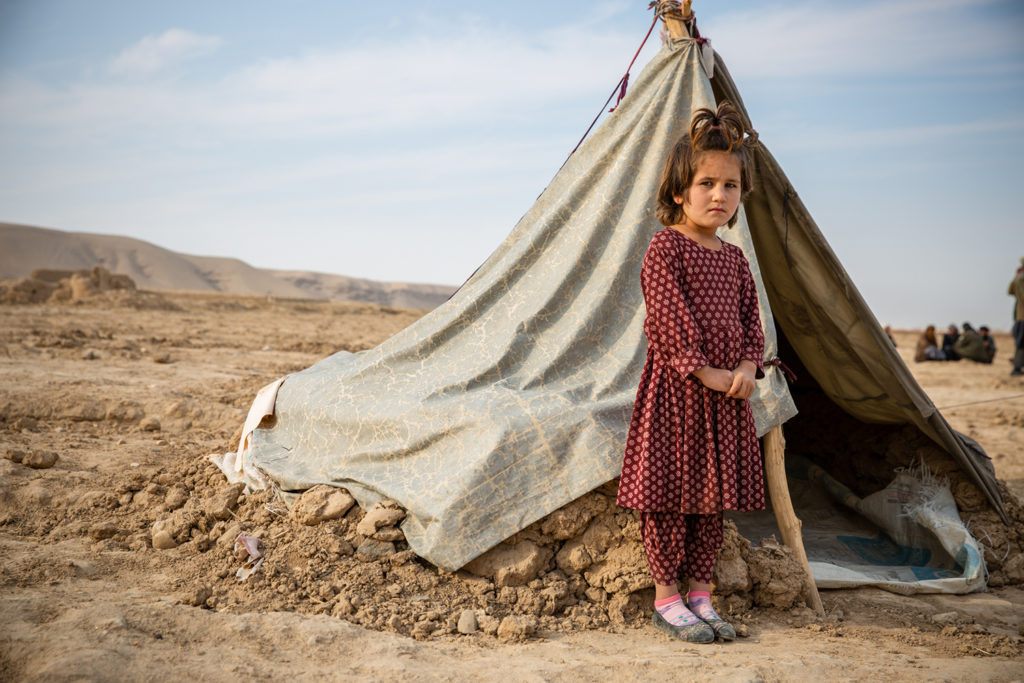
After the recent Taliban capture of strategic cities of Kandahar, Herat, Lashkar Gah the U.N. warns now warns of a looming humanitarian catastrophe. Escalating conflict in different parts of the country, including in urban areas, has driven thousands to flee. Thousands are now pouring into Kabul which will no doubt stress the resources of major city centers. In the capital Kabul, between July and mid of August, 10,350 IDPs arrived (officially). Thousands more are reported to be displaced however as growing numbers are also staying in the open in different parts of the city, making them especially vulnerable.
Afghanistan is also currently facing severe droughts that impact crops and livestock and affect the availability of water for drinking, washing, and sanitation. The country continues to experience below-normal rainfall since October 2020. The conditions have also affected the winter season snow accumulation, which is critical for water access during the spring and summer agricultural seasons. This is on top of the ongoing economic crises exacerbated by the secondary effects of the coronavirus pandemic, including high prices of basic commodities, conflict, and food insecurity.
Ethiopia in crisis crosshairs

The next 3-4 months are critical for all communities in Ethiopia suffering from violence and displacement. Government officials have the complex challenge of addressing a dire humanitarian situation marked by famine, lack of medical resources, and housing countless people. According to U.N. reports, over 2 million people are now internally displaced. Electricity has been faulty throughout and access to food resources are dwindling by the day.
Islamic Relief’s emergency response has been ongoing and IRUSA seeks to enhance the effort to prevent an already spiraling humanitarian disaster. We are calling on our network of volunteers and supporters to advocate for the immediate ceasefire and end to violence and displacement of millions of innocent lives. According to Human Rights Watch, After nearly a month where flights into Tigray were halted, the Ethiopian government permitted humanitarian flights into the region on July 22, although the United Nations said their staff faced stringent, time-consuming checks.

